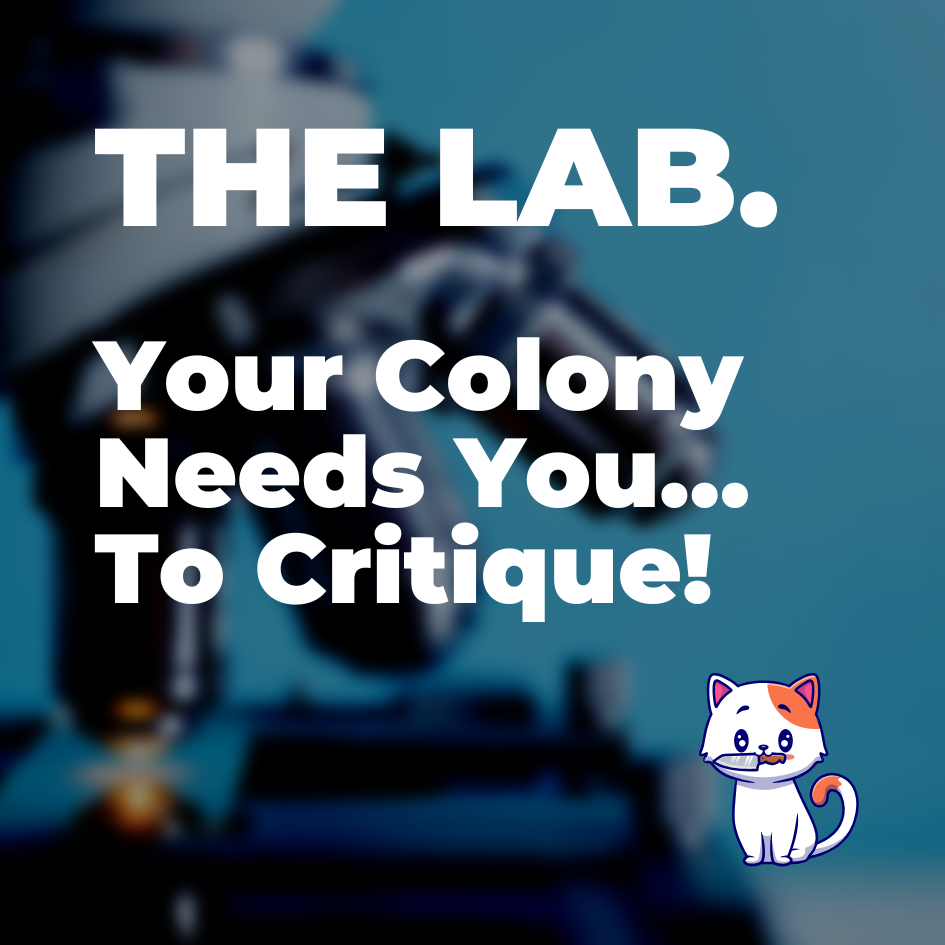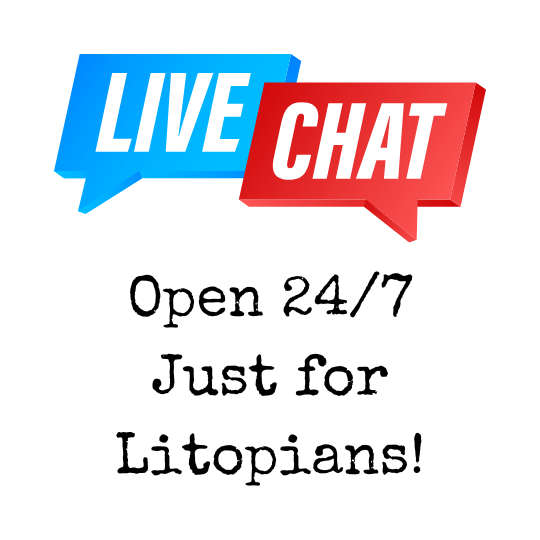T
Tom's House
Guest
As usual I am own worst enemy as I work on my latest fiction, The Editor. It doesn't matter that people I admire have complemented my work; that I have published other successful books; that I have had things featured on the front covers of important magazines. What matters is that in my own mind I wonder how others could have made such terrible mistakes in finding my stuff worthy of publication in the first place. I don't need other critics. I do a a pretty thorough job of it myself. I got a little push yesterday, though, when I read that Barbara Kingsolver advised writers to give themselves permission to write a bad book, then go back to revise it into a good book. That was yesterday. Then today I got another message, this time from William James, one of the best, most lucid and fluent prose writers in American English. In a letter to a friend James said of his most recent book “If there is aught of good in the style of it, “it is the result of ceaseless toil in rewriting. Everything comes out wrong with me at first; but when once objectified in a crude shape, I can torture and poke and scrape and pat at it till it offends me no more.”
So with that in mind I boot up, hunker down, and once again butt my head against the wall. Maybe this time the cracks will be in the wall.
So with that in mind I boot up, hunker down, and once again butt my head against the wall. Maybe this time the cracks will be in the wall.





